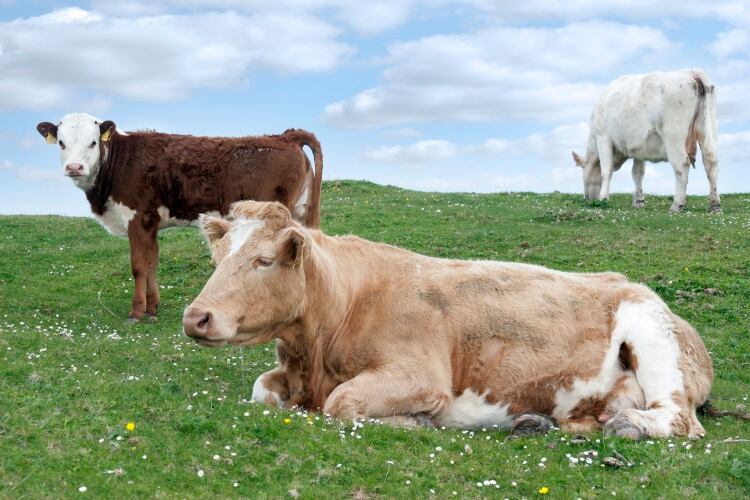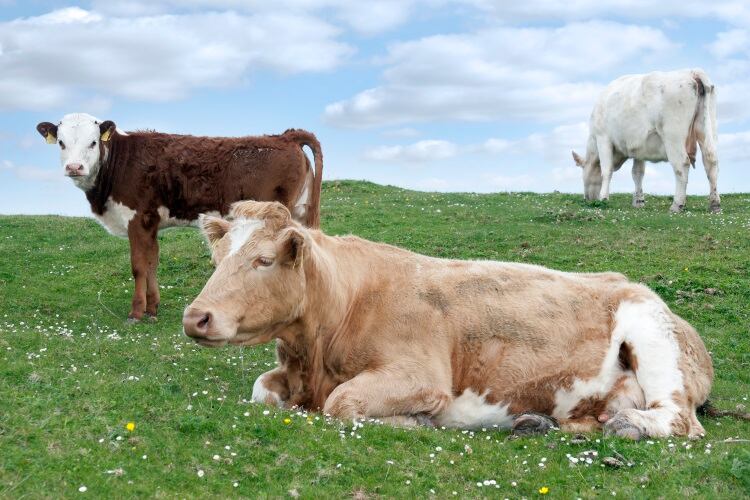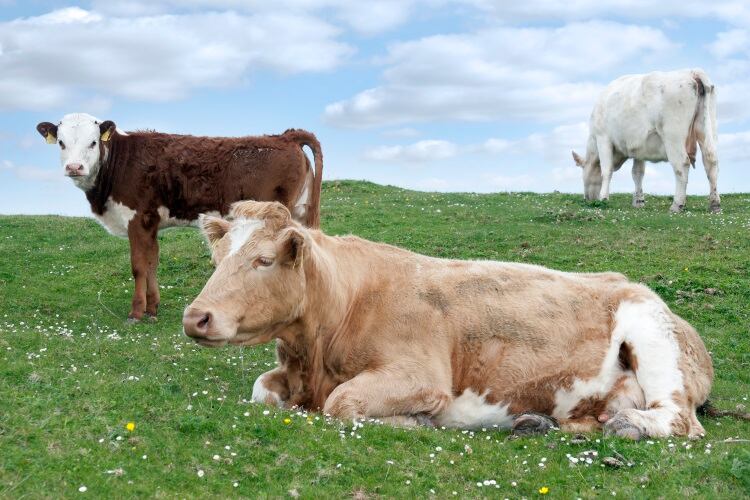MII felt that some of the protest had got out of hand and exceeded the guidelines the lobby group had set out for its members.
In a statement on behalf of Irish beef processing companies, MII said it “understands the frustration of beef producers with current price returns” but emphasised that this is driven by extremely poor sales demand in export markets in the UK and across Continental Europe at a time when there appears to be strong beef supplies in the EU market.
Furthermore, the real prospect of a No-deal outcome to Brexit in three months-time has fundamentally disturbed market equilibrium.
The trade body added that it accepts the right of suppliers to organise a peaceful protest and noted the protest guidelines which Beef Plan published as a guide to its members but expressed disappointment at the failure of Beef Plan leadership to ensure adherence to its own protocols.
A MII spokesman said: “Indeed, the behaviour of some protestors at certain sites has gone well beyond the guidelines issued by Beef Plan and has resulted in unacceptable abuse and intimidation of fellow farmer suppliers, company employees, government assigned veterinarians and other service providers including hauliers.
“We understand that these protests are geared towards disrupting the normal and orderly marketing of beef and lamb, but we cannot see how this course will resolve the challenges in the marketplace nor the predicament of hard-pressed producers who wish to sell their livestock for processing.”
MII added that it has written to Beef Plan stating its willingness to engage with its leadership in a constructive manner but will not do so while the protests and disruption continue.
Beef market pressures
Earlier this week, MII issued a statement of the state of the beef sector and the spate of protests. Senior director Cormac Healy said: “Extremely challenging market conditions and ongoing uncertainty generated by Brexit, with the real prospect of a No-Deal outcome, are the root cause of current weak beef and cattle prices. While processors are fully cognisant of the frustration of beef producers, protests which disrupt normal business operations and the orderly processing of cattle will do nothing to resolve the challenges in the marketplace.”
He said that there was a range of factor impacting beef demand on the processing side. “Processors and exporters are reporting extremely poor sales demand in export markets in the UK and across Continental Europe. There appears to be strong beef supply in the EU market overall. At home, our finished cattle throughput is up almost 5% or 45,000 head year-to-date and remains strong with a weekly average throughput of 35,000 head over recent weeks. Average carcase weights are also up by approx. 2% over the last month, reflecting better finishing conditions.
As well as the ongoing Brexit situation, Healy said that retail sales have been down as well.
“On the demand side, manufacturing beef is facing a very weak market, with significant stocks in the system, and the steak market has failed to ignite this summer, and this has not been helped by increased imports coming into the EU. Independent Kantar data shows weaker beef retail sales in the UK, with burger sales alone down 14% in the 12-week reported period to end-June at a time when the BBQ season should be in full swing. The contribution from the hide is also halved compared to this time last year due to the overall slump in the global hide and leather market.”




